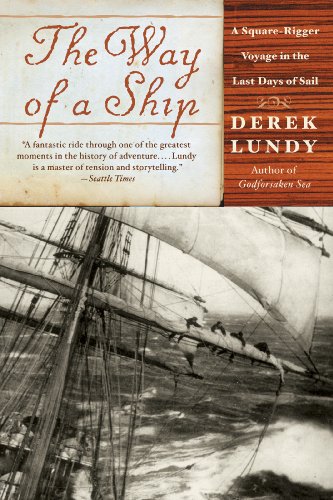
I continue reading through the late Jack Lynch’s Peter Bragg novels. Enjoyable, if not top rank. With the added charm of being written before the world went all PC.
In Pieces of Death, San Francisco PI Pete Bragg is hired by a friend in the newspaper business who wants him to bodyguard a friend of his own, coming in on a plane from the east. The guy doesn’t seem like someone who needs much protection, but they get along pretty well – until a couple gunmen show up and kill the protectee.
In spite of this failure, Pete’s client wants him to help him out with related work. The guy was coming in to participate in the assembly and sale of a fabulous historical treasure several people hadn’t even known they shared until recently. But will they manage to close the deal before a mysterious killer wipes them all out, one by one?
The whole thing’s kind of a riff on the classic Maltese Falcon scenario, and it was competently handled. I found the basic “Maguffin” somewhat far-fetched, though, and the story sort of meandered. Also, it still kind of annoys me that Pete never figures stuff out until it’s too late to avoid the shoot-out. Though I suppose the shoot-out’s the real point of the story.
But Bragg’s a likeable character, with a sense of honor that seems a little old-fashioned in this century. So I recommend it.




